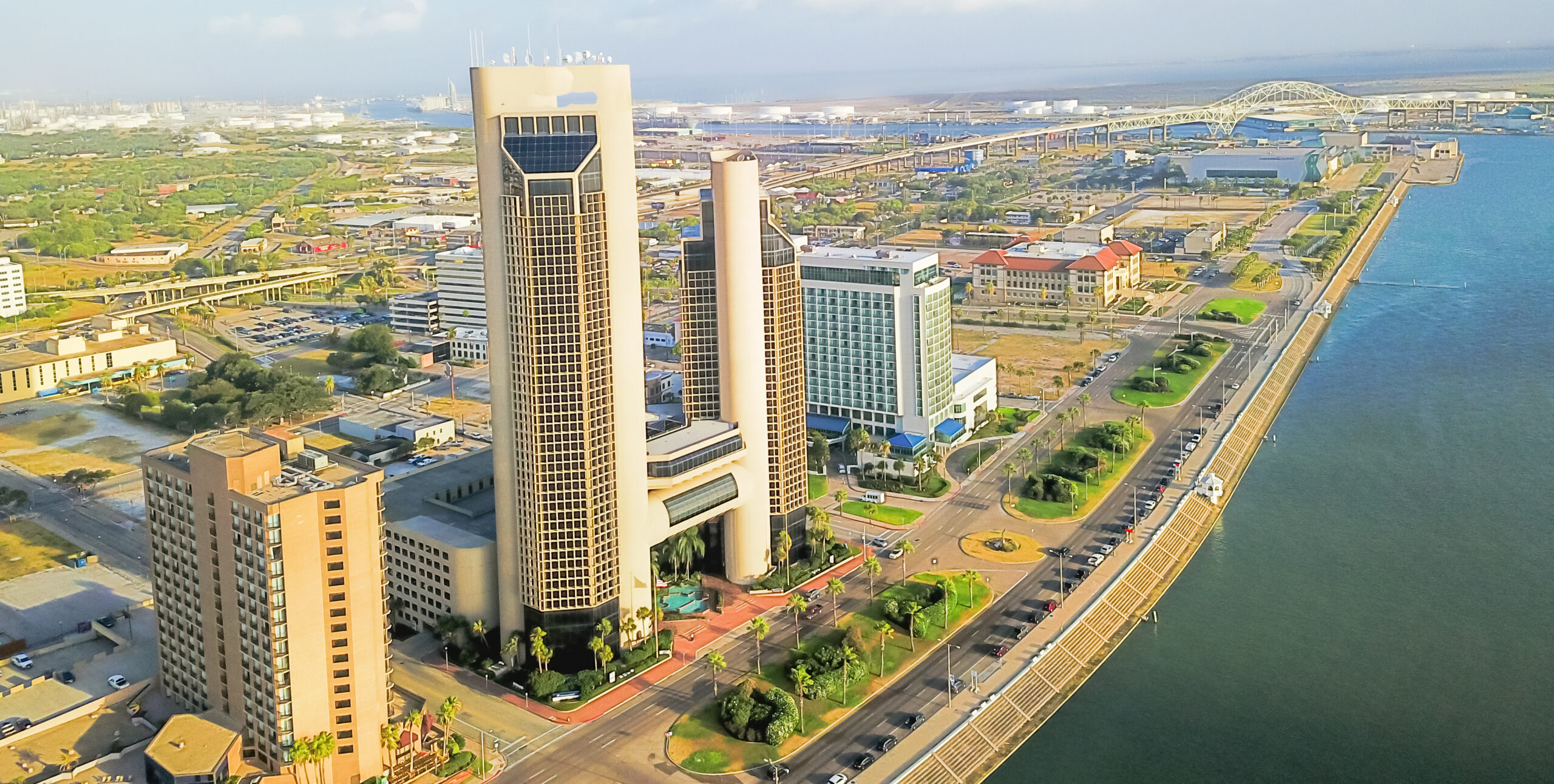A Common Question Buyers Ask Me
One of the most common questions I get from homebuyers is this: “Should I buy a brand-new home or go with something older that has character?” It’s a fair question, and there’s no one-size-fits-all answer. The right choice depends on your priorities, lifestyle, and future plans.
As someone who’s worked in real estate development for years and seen both sides of the equation, I’ve helped a lot of people navigate this decision. Whether you’re buying your first home or looking to upgrade, I want to break down the key differences and help you decide what’s best for you.
The Pros of New Construction
Let’s start with new construction. When you buy a brand-new home, one of the biggest advantages is that everything is, well, new. That means fewer repairs, more modern features, and better energy efficiency. New homes are usually built with the latest materials, appliances, and insulation, which translates to lower utility bills and fewer maintenance headaches in the first few years.
You’re also more likely to get open floor plans, big windows, smart home features, and updated kitchens and bathrooms—things that many buyers are looking for today. Another big plus: most new homes come with warranties. That adds peace of mind knowing that if something breaks early on, it’s often covered.
New construction also gives you options. In many cases, buyers can pick finishes, colors, flooring, and other details. It’s a chance to personalize your home before you even move in.
The Drawbacks of New Construction
But let’s be honest—there are some downsides too. New homes are often built in newer communities, which might mean you’re farther away from the city center, schools, or older neighborhoods with more established charm. Landscaping and community features may still be under construction, and it can take time for a new neighborhood to feel like “home.”
Price can also be a factor. New construction homes are often priced at a premium, especially when you add upgrades. While you may save on repairs, the initial cost might be higher than a similar-sized older home in an established area.
And let’s not forget timing. With new builds, delays are common. Weather, supply chain issues, or permitting holdups can all push your move-in date. If you’re on a tight timeline, that’s something to keep in mind.
The Benefits of Older Homes
Now, older homes—especially ones that have been well cared for—can offer their own set of benefits. First off, they often have character. You’ll find architectural details, mature landscaping, and craftsmanship that you just don’t get with new builds.
Older homes are also usually located in established neighborhoods with schools, parks, shops, and a sense of community already in place. You’re buying into a history and a lifestyle, not just a structure.
From a financial perspective, older homes can offer better value per square foot. You might get a larger yard, more storage space, or a central location for the same price as a smaller new build further out.
The Challenges of Older Homes
That said, buying an older home can come with challenges. The big one is maintenance. Older plumbing, electrical systems, roofs, and HVAC units may need replacing sooner than you’d like. Even if everything is in working order, you’ll likely face more upkeep over time.
Renovations can also add up quickly. Want to knock out a wall or redo a kitchen? You might run into outdated wiring, asbestos, or structural issues that make the project more complicated and expensive.
Another thing to consider is efficiency. Many older homes weren’t built with today’s energy standards in mind, so your heating and cooling bills might be higher, and you might miss out on the smart home features many people now expect.
So, Which One Should You Choose?
Here’s my honest answer: it depends on your lifestyle and what you value most.
If you’re looking for something move-in ready with modern touches and minimal upkeep, new construction might be the way to go. It’s a good fit for buyers who want convenience, customization, and peace of mind.
On the other hand, if you love the idea of living in a mature neighborhood, are handy with tools (or have a solid renovation budget), and appreciate homes with unique charm, an older home could be perfect for you.
Either way, working with a trusted real estate advisor can help you weigh the pros and cons specific to your market, your timeline, and your goals.
My Approach as a Developer
As a developer, I obviously believe in the value of new construction—I’ve seen firsthand how thoughtfully built new homes can elevate a neighborhood and improve quality of life. But I also respect what older homes bring to the table. I’ve worked on renovation projects and know how meaningful those homes can be to families.
What matters most to me is that buyers feel confident and informed. Whether it’s a sleek new build or a charming 1950s ranch, your home should be a place where you feel comfortable, safe, and proud.
Your Home, Your Lifestyle
There’s no right or wrong choice—only what’s right for you. Take the time to explore both options. Tour different homes. Ask questions. Think about how long you plan to live there, what kind of maintenance you’re comfortable with, and how important things like energy efficiency or location are to you.
At the end of the day, your home is more than just a building—it’s where your life happens. Choose the one that supports the life you want to build.
